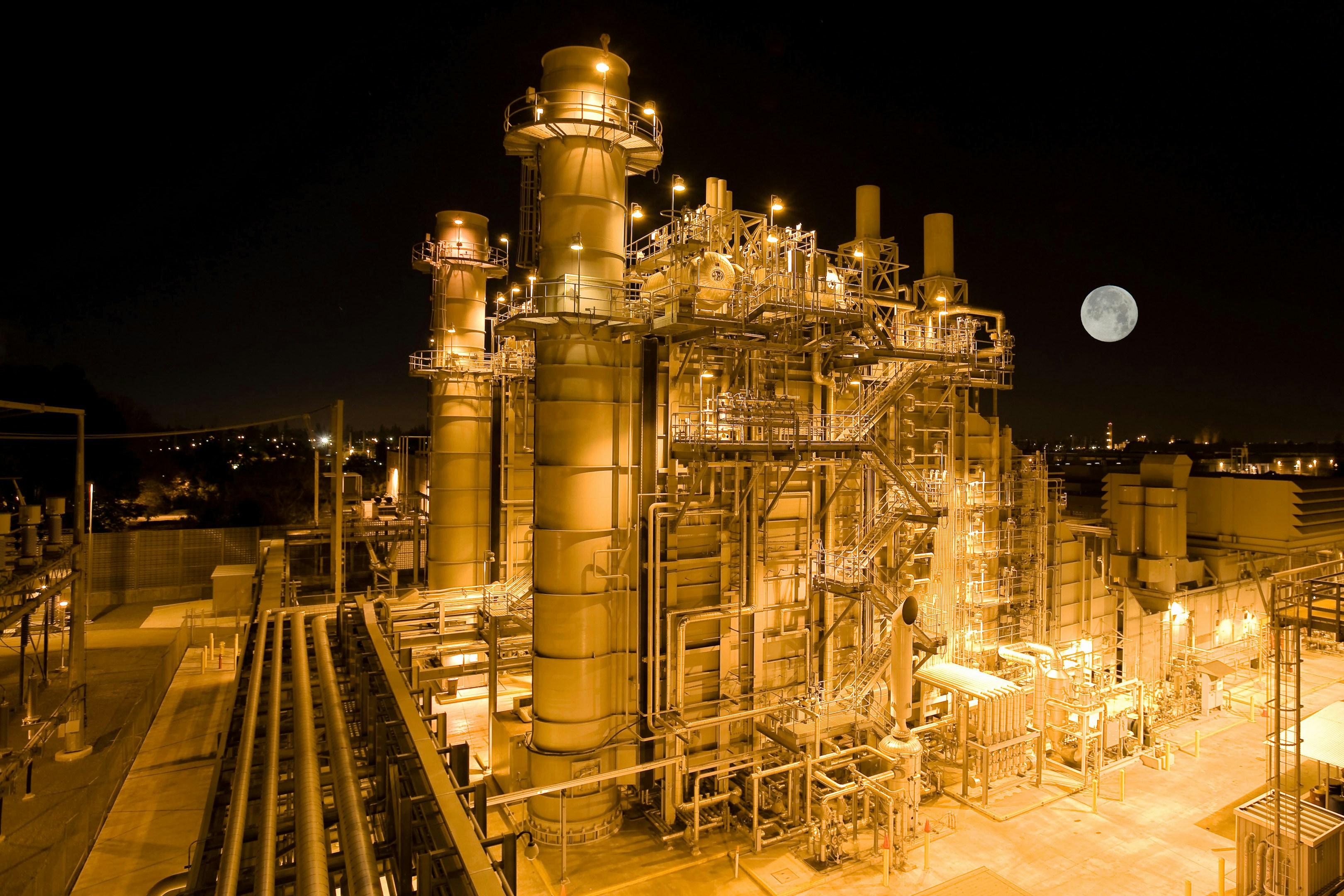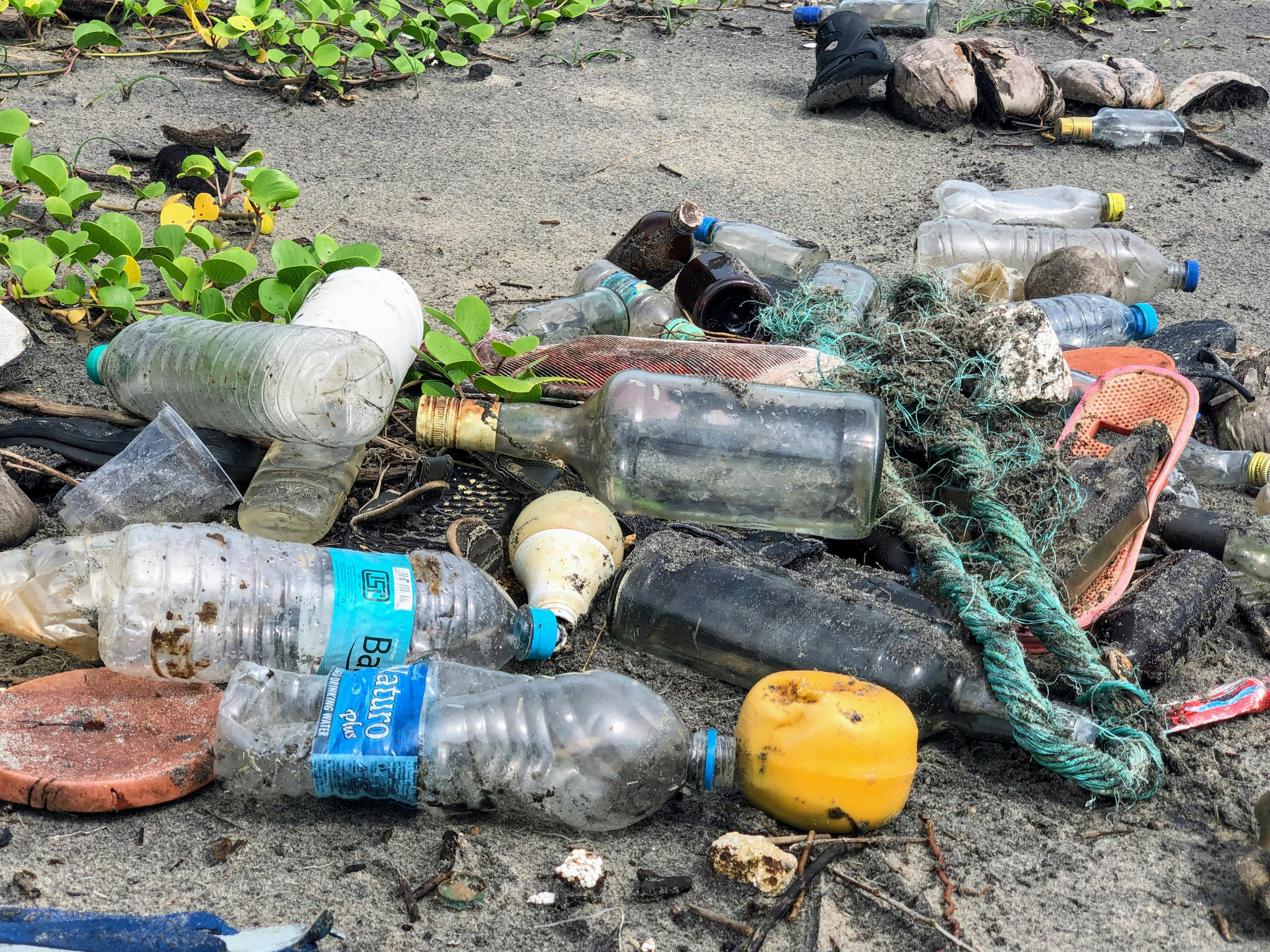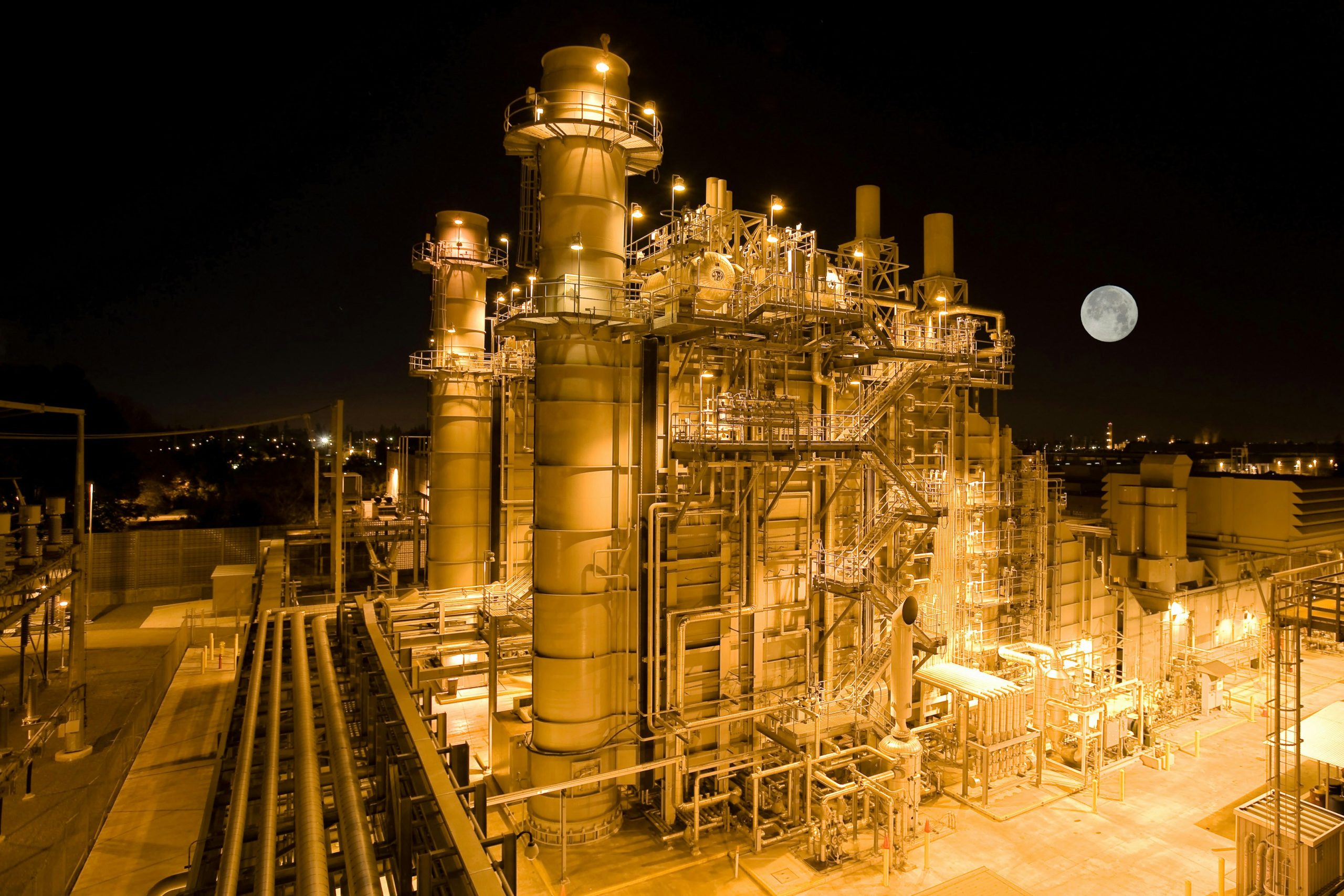What Makes an Industrial Plastic Crusher Essential for Large-Scale Recycling?
Recycling has become a cornerstone of sustainable practices in today’s society. As we grapple with the challenges of waste management and environmental degradation, finding effective solutions is more critical than ever. One innovative tool leading the charge in large-scale recycling efforts is the industrial plastic crusher. This powerful machine not only streamlines the recycling process but also plays a vital role in transforming discarded plastics into valuable resources. Understanding its significance can help industries make informed decisions that benefit both their operations and our planet’s health. Let’s delve into what makes an industrial plastic crusher essential for modern recycling initiatives.
The Importance of Recycling in Today’s Society
Recycling has emerged as a crucial practice in our quest for sustainability. As the global population continues to rise, so does the volume of waste produced. This escalating challenge prompts urgent action.
Every item recycled conserves energy and resources, reducing the demand for raw materials. By transforming waste into new products, we can industrial plastic crusher significantly lower pollution levels associated with manufacturing processes.
Moreover, recycling helps combat climate change. It reduces greenhouse gas emissions by minimizing landfill usage and decreasing the need for incineration.
The economic benefits are also noteworthy. Recycling creates jobs and stimulates innovation within various industries, including manufacturing and technology.
Educating communities about responsible disposal practices fosters a culture of accountability towards our environment. Embracing recycling is not just an option; it’s an essential step toward ensuring a healthier planet for future generations.
What is an Industrial Plastic Crusher?
An industrial plastic crusher is a powerful machine designed to break down large volumes of plastic materials. It plays a crucial role in the recycling process, transforming waste plastics into manageable forms.
These machines come equipped with sharp blades that efficiently cut through various types of plastics, including polyethylene and polypropylene. This size reduction makes it easier to transport and reprocess the material.
Industrial plastic crushers can handle everything from scrap plastic containers to larger items like pallets and film. Their robust design ensures durability, allowing them to withstand continuous operation in demanding environments.
In addition to reducing waste volume, an industrial plastic crusher enhances the quality of recycled materials by ensuring uniform particle sizes. As a result, it increases the efficiency of subsequent recycling processes.
Types of Industrial Plastic Crushers
Industrial plastic crushers come in various types, each designed to cater to specific recycling needs.
One common type is the granulator. This machine reduces plastic waste into small granules, ideal for easy handling and further processing.
Another popular option is the shredder. It can handle larger volumes of plastic and breaks down materials into more manageable pieces before they undergo additional crushing stages.
The blade-type crusher features sharp blades that slice through tougher plastics, making it suitable for rigid items like containers or pallets.
Moreover, there are specialized crushers designed for unique applications—such as film crushers that target thin sheets or films of plastic, maximizing efficiency in recycling operations.
Each type offers different capabilities based on material size, composition, and intended end-use. Choosing the right one ensures optimal performance in your large-scale recycling efforts.
Advantages of Using an Industrial Plastic Crusher for Large-Scale Recycling

An industrial plastic crusher is a game-changer for large-scale recycling operations. It efficiently breaks down various types of plastic waste, making it easier to process and recycle.
One significant advantage is its capacity. These machines can handle massive volumes of material, which significantly industrial plastic crusher manufacturer speeds up the recycling process. Time savings translate directly into cost efficiency.
Another benefit lies in the quality of output. A well-functioning industrial plastic crusher produces uniform particle sizes, enhancing the purity and usability of recycled materials. This consistency attracts more buyers in the market.
Moreover, these crushers are designed with advanced safety features that protect operators while ensuring optimal performance.
Additionally, they play a vital role in reducing landfill waste by converting discarded plastics into reusable raw materials for manufacturing new products. This not only supports environmental sustainability but also fosters innovation in product development.
Factors to Consider When Choosing an Industrial Plastic Crusher
When selecting an industrial plastic crusher, capacity is a key factor. Assess the volume of plastic waste you expect to process daily. This will help determine the size and power requirements of your machine.
Next, consider the type of plastics you’ll be crushing. Different materials may require specific features for optimal performance. Ensure that the crusher can handle various resin types efficiently.
Energy consumption plays a vital role as well. An energy-efficient model not only reduces operational costs but also minimizes environmental impact.
Noise levels are another important consideration, especially in urban settings or residential areas. Look for models designed with noise reduction technology to maintain compliance with local regulations.
Evaluate maintenance needs and accessibility to parts. A machine that’s easy to service will save time and resources in the long run.
Maintenance and Safety Tips for Industrial Plastic Crushers
Regular maintenance is crucial for keeping an industrial plastic crusher in optimal condition. Schedule periodic inspections to check for wear and tear on blades, bearings, and other components. Timely replacements can prevent costly breakdowns.
Lubrication plays a vital role in the performance of these machines. Use the manufacturer-recommended lubricants and maintain proper levels to reduce friction and heat buildup.
Safety should always be a priority. Provide adequate training for operators so they understand how to use equipment properly. This knowledge helps minimize accidents and ensures safe operation.
Implement safety guards around moving parts to protect workers from potential hazards. Encourage regular cleaning routines to remove debris that may pose risks during operation.
Keep emergency shut-off switches accessible at all times. Quick access can mitigate dangerous situations before they escalate into serious incidents.
Future of Industrial Plastic Crushers and Recycling Industry

The future of industrial plastic crushers is poised for transformation. As technology advances, these machines will become more efficient and effective in processing various types of plastics.
Innovations like automation and artificial intelligence are set to streamline operations. These developments can optimize the crushing process, reducing energy consumption while increasing throughput.
Sustainability initiatives are gaining traction globally. This has spurred investment in advanced recycling technologies that complement traditional methods.
Moreover, regulatory changes will likely influence the design and functionality of industrial plastic crushers. Manufacturers may need to adapt their equipment to meet stricter environmental standards.
The demand for recycled materials continues to rise as consumers push for greener products. This growing trend ensures a robust market for industrial plastic crushers in the coming years.
Collaboration between industries could also facilitate better recycling practices, promoting shared resources and expertise within the sector.
Conclusion
Recycling plays a crucial role in creating a sustainable future. As plastic waste continues to proliferate, the need for efficient recycling methods becomes more pressing. An industrial plastic crusher is an invaluable asset in this effort.
These machines are designed specifically to handle large quantities of plastic, breaking them down into smaller pieces that can be processed and repurposed effectively. Understanding the different types available helps businesses choose what best fits their operational needs.
The advantages of using an industrial plastic crusher extend beyond mere size reduction. They enhance productivity, reduce storage space for waste materials, and contribute significantly to resource conservation efforts.
When selecting an industrial plastic crusher, several factors come into play: capacity, energy efficiency, maintenance requirements, and safety features all matter greatly. The right choice not only boosts performance but also ensures compliance with industry standards.
Regular maintenance is essential for longevity and optimal operation of these crushers. Adhering to safety protocols protects workers while maximizing machine efficiency.
As technology advances and environmental regulations tighten up, the future looks bright for industrial plastic crushers within the recycling sector. Innovations will lead to even better designs that improve both functionality and sustainability practices across industries.
Investing in an industrial plastic crusher isn’t just about managing waste; it’s about being part of a larger movement towards responsible consumption and production patterns that benefit society as a whole.


